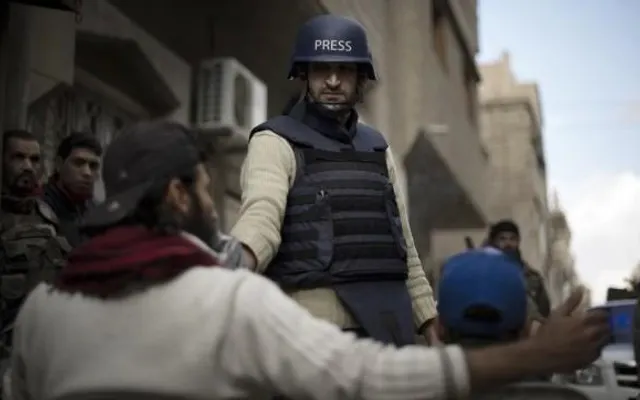
Living Life as a Journalist in Syria
It is December 18th, 2013. Imagine you are a journalist affiliated with a well-known international news source in the United States: the Tatler. Within a remarkable four months, the Tatler has gone global! It's now bigger than CNN and The New York Times combined. You have been asked by your boss, Mary Kuper, to travel to Syria with a group of others associated with this prestigious media source to report on the civil war in the country. The following simulation is a test with the goal of discovering the answer to this question: DO YOU HAVE WHAT IT TAKES TO COVER THE SYRIAN CIVIL WAR?
published on December 15, 2013
